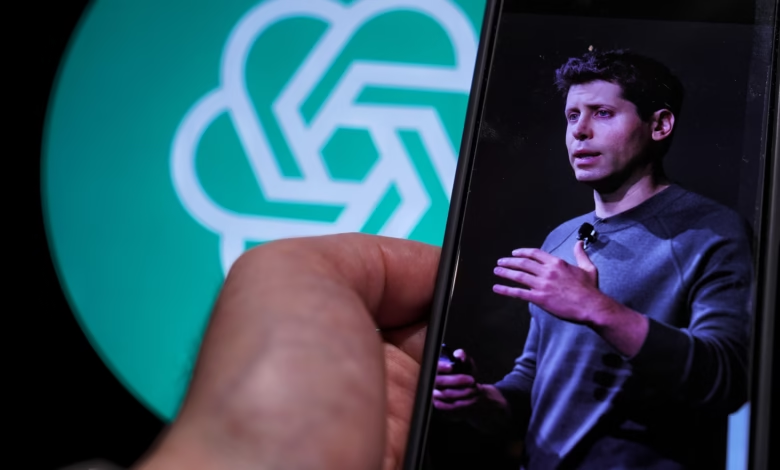Sam Altman: AI Chats Should Be Private Like Doctor Visits

▼ Summary
– The New York Times is demanding OpenAI retain all ChatGPT conversations indefinitely as part of its copyright lawsuit against OpenAI and Microsoft.
– OpenAI argues that AI chats should remain private, comparing them to confidential conversations with doctors or lawyers.
– The lawsuit alleges OpenAI trained ChatGPT using millions of New York Times articles without permission, which OpenAI calls “baseless.”
– Currently, deleted ChatGPT chats are permanently erased within 30 days, but the order would force OpenAI to retain them.
– OpenAI has appealed the court order, stating it violates user privacy commitments and sets a harmful precedent.
The debate over AI chat privacy has reached a critical point as legal battles challenge how companies handle user conversations. OpenAI finds itself at the center of this controversy, with CEO Sam Altman comparing AI interactions to confidential discussions with doctors or lawyers. The company is pushing back against demands from The New York Times to preserve all ChatGPT conversations indefinitely as part of an ongoing copyright lawsuit.
The dispute stems from allegations that OpenAI trained its models using copyrighted material without permission. As part of the legal proceedings, The New York Times has requested that OpenAI retain all user chats – including deleted ones – potentially forever. Altman argues this violates user trust, comparing AI conversations to privileged communications that should remain private. In a public statement, OpenAI’s COO Brad Lightcap called the demand a threat to long-standing privacy norms.
Currently, ChatGPT allows users to delete conversations, with data permanently erased from OpenAI’s systems within 30 days. If the court order stands, even deleted chats would be preserved indefinitely, raising concerns for millions of users on free and paid plans. The exception applies only to enterprise and education accounts, along with API customers using OpenAI’s Zero Data Retention option.
The case highlights broader questions about how AI companies balance transparency with user confidentiality. While The New York Times seeks evidence to support its claims, OpenAI maintains that privacy protections shouldn’t be compromised. The company has appealed the decision, leaving the final outcome uncertain. For now, the battle continues, with significant implications for how AI interactions are treated under the law.
(Source: techradar)






